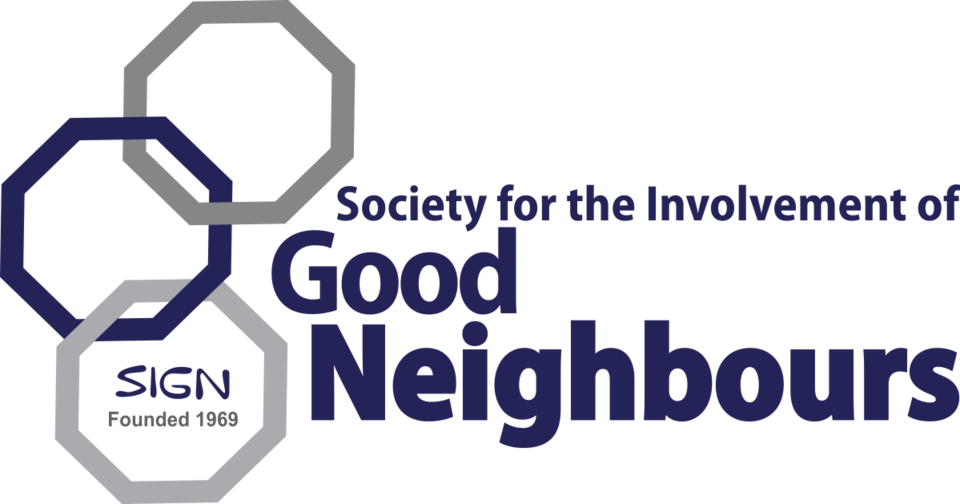A report assessing housing in Yorkton concludes that homelessness and hard‐to‐house issues in Yorkton are worsening and recommends both short‐term and long‐term action to address them.
The report was prepared for the Society for the Involvement of Good Neighbours (SIGN) and is based on surveys of those affected by homelessness in Yorkton, focus groups, one‐on‐one interviews and research into local demographic and economic factors.
The report recommends the following short‐term priorities:
· All‐inclusive emergency shelters that accept all demographics. Men make up two‐thirds of the hard‐to‐house population but there are no emergency options in place for them;
· Support that addresses mental health issues. More than 40 per cent of respondents report having mental health problems;
· More affordable housing options. Many hard‐to‐house individuals are struggling to make ends meet. Although social assistance is meant to cover food and shelter, it is not enough to cover both;
· Addressing the largest barriers of homelessness. Over two‐thirds of hard‐to‐house individuals are unemployed; 85% of those surveyed have high school or less, and 35% have a learning disability. Job placements are a necessary support to help homeless and hard‐to‐house individuals in Yorkton secure a paycheque and pay rent;
· Community partnerships that provide supports for those at risk of homelessness. Many organizations in the community have developed strategies to support those at risk of homelessness but most are unaware of what others in the community are doing. A collaborative support network among these organizations would be beneficial.
The report recommends a “housing first” model as the long‐term priority.
“It is incredibly difficult for individuals experiencing homelessness to focus on other needs, such as education, employment, addictions, health conditions, etc., if they do not first have a roof over their heads and food in their stomachs.
“Addressing the barriers to securing housing and providing supports to those at risk of homelessness is a critical first step in eradicating homelessness in Yorkton,” the report states.
Housing First involves moving people experiencing homelessness —especially people who are chronically homeless—rapidly from the street or emergency shelters into stable and long‐term housing and providing them with support.
Stable housing provides an opportunity to provide services to address issues frequently faced by homeless people, which encourages stability and an improved quality of life for those served by Housing First and helps foster self‐sufficiency.
The report recommends that the housing is best located in the downtown area so it is within walking distance of medical services, stores, schools, social services and food banks.
Since receiving the report in late June, SIGN convened a meeting of about 30 people, including those who have personal experience with homelessness, to start with implementation of the recommendations.
The recommendations were broken down into specific tasks and assigned to members of the group, who will meet again in August. The recommendations are achievable, SIGN Executive Director Andrew Sedley says, but will require both dedication to the priorities by the community, and funding.
He notes that applying for funding from senior levels of government will be an immediate priority now that the local needs are documented in the housing assessment report.
Some funding programs for housing may only be available to the city, which is a member of the local group.
“If the city, in partnership with our many partners on the housing committee is successful in applying for funding, that would definitely expedite the process,” Sedley notes.
The report was prepared by Praxis Consulting Ltd. of Regina, starting in December of 2020. It was funded by a grant from the Community Housing Transformation Centre, a Canada‐wide non‐profit and non‐government organization founded in 2018 and supported by the Canada Mortgage and Housing Corporation (CMHC) through Canada’s National Housing Strategy. The Centre believes everyone deserves a safe, affordable place to call home and works toward a more entrepreneurial and economically viable model of community housing.
The full report is available on the SIGN website at www.signyorkton.ca.



